Increase Your Website Traffic without Breaking the Bank
Buy CPC Traffic | Buy Display Ads | Exclusive traffic sources | Buy Push Ads | Popunder ADS | Buy Native Ads | Buy Preroll Ads
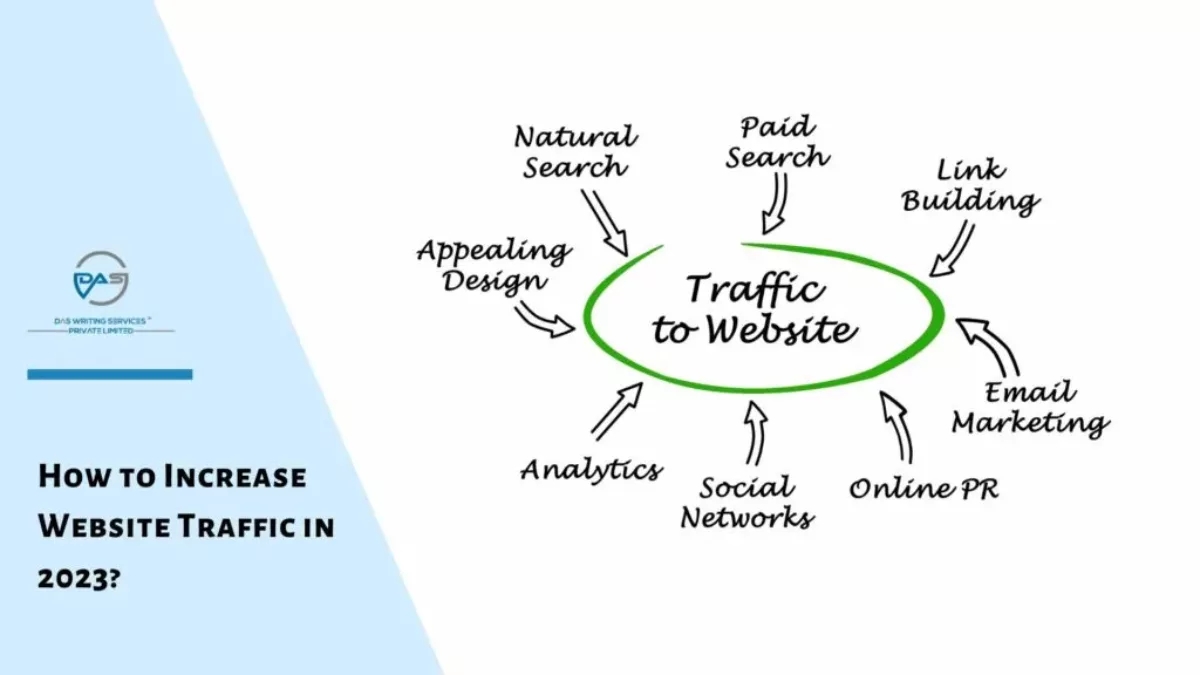
Buy CPC Traffic | Buy Display Ads | Exclusive traffic sources | Buy Push Ads | Popunder ADS | Buy Native Ads | Buy Preroll Ads
Are you looking to increase the traffic to your website but worried about the costs? Well, worry no more! In this article, we will share with you some affordable strategies that can help boost your website's traffic without breaking the bank.
One of the most effective ways to increase website traffic is through search engine optimization (SEO). By optimizing your website for search engines, you can improve its visibility and ranking in search results. This involves using relevant keywords, creating quality content, and optimizing your website's structure.
Another affordable strategy to consider is social media marketing. With billions of people using social media platforms like Facebook, Twitter, and Instagram, promoting your website on these platforms can help you reach a wide audience. You can create engaging content, run targeted ads, and interact with your followers to increase your website's visibility and attract more traffic.
In addition to SEO and social media marketing, content marketing is another cost-effective strategy to drive traffic to your website. By creating high-quality and valuable content, you can attract and engage your target audience. This can be done through blog posts, video tutorials, infographics, and more. By consistently producing and sharing valuable content, you can establish yourself as an authority in your niche and attract more visitors to your website.
So, if you're looking to boost your website traffic without spending a fortune, consider implementing these affordable strategies. By investing your time and effort into SEO, social media marketing, and content marketing, you can increase your website's visibility, attract more visitors, and ultimately achieve your online goals.
Improve Your Website's SEO
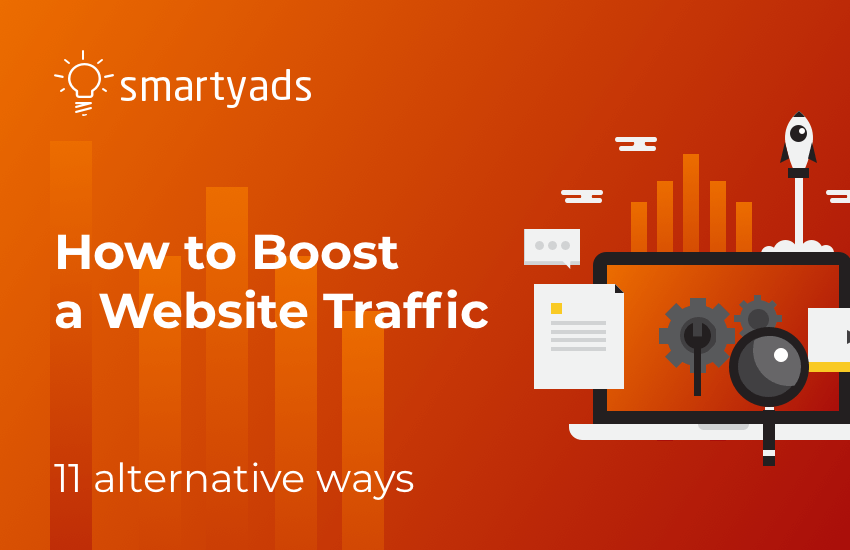
If you want to boost your website traffic, improving your website's SEO (Search Engine Optimization) is crucial. SEO is the process of optimizing your website so that it ranks higher in search engine results pages (SERPs) and drives organic traffic to your site. Here are some affordable strategies to help improve your website's SEO:
1. Conduct Keyword Research
One of the first steps in improving your website's SEO is to conduct keyword research. This involves identifying the keywords and phrases that your target audience is likely to use when searching for products or services similar to what your website offers. Use keyword research tools to find relevant keywords with high search volume and low competition. Incorporate these keywords into your website's content, headings, and meta tags.
2. Optimize Your Website's Structure
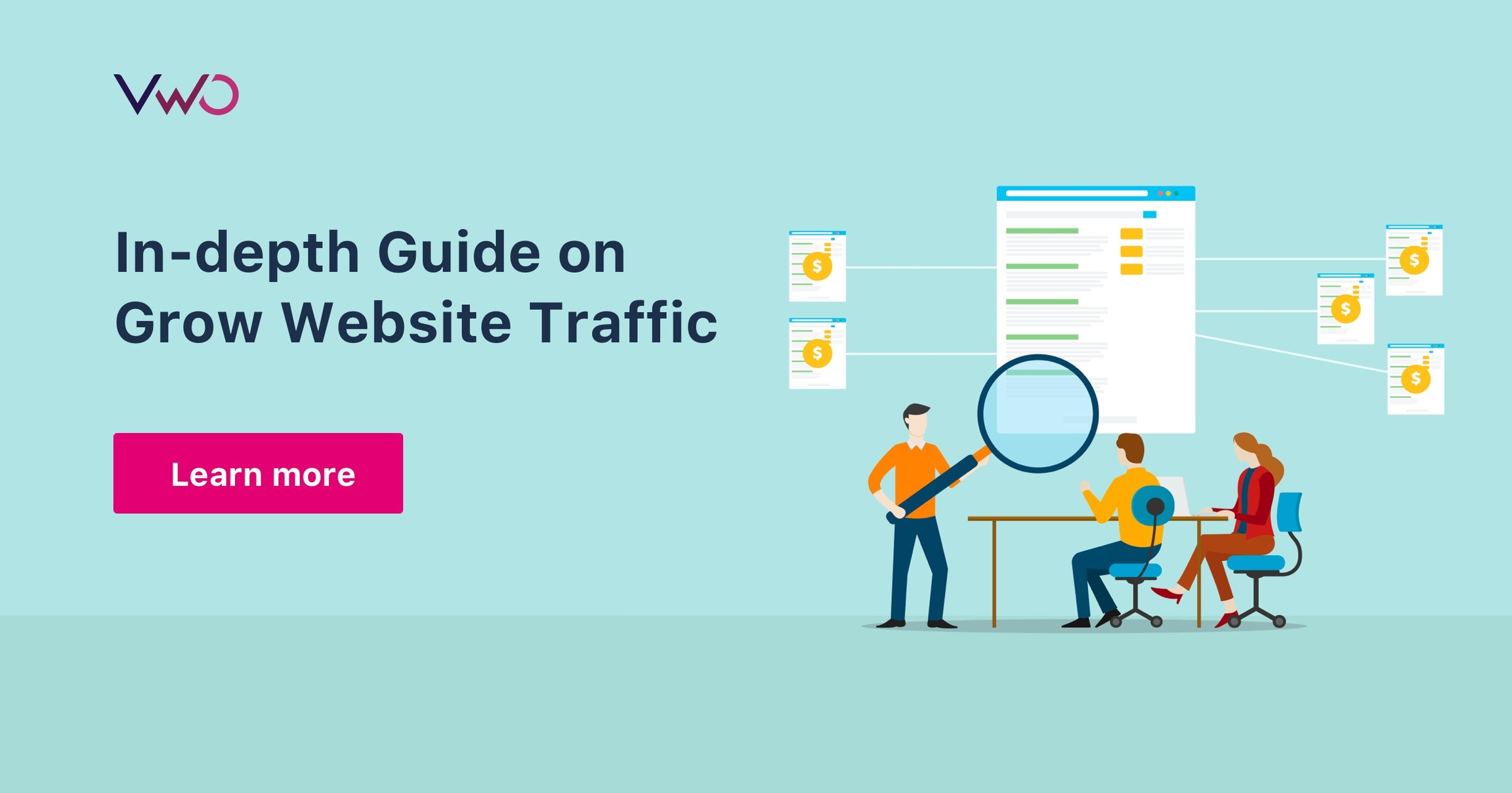
Optimizing your website's structure can improve its usability and overall SEO. Ensure that your website has a clear and logical structure, with a hierarchy of pages and organized navigation menus. Use descriptive URLs that include relevant keywords and separate words with hyphens. Additionally, create an XML sitemap and submit it to search engines to help them crawl and index your website more effectively.
3. Create High-Quality Content
Creating high-quality and relevant content is essential for improving your website's SEO. Write informative blog posts, articles, and other types of content that provide value to your audience. Incorporate relevant keywords naturally into your content, headings, and meta tags. Additionally, consider creating visual content, such as infographics or videos, to make your website more engaging and shareable.
4. Build High-Quality Backlinks
Backlinks, which are links from other websites to yours, play a significant role in improving your website's SEO. Focus on building high-quality backlinks from reputable websites that are relevant to your industry or niche. This can be done through guest posting, creating valuable content that others want to link to, reaching out to influencers or industry experts for collaboration opportunities, and participating in online communities or forums where you can share your expertise and link back to your website.
5. Optimize for Mobile Devices
With more and more users accessing the web through mobile devices, optimizing your website for mobile is crucial for SEO. Make sure your website is responsive and mobile-friendly, with fast loading times and easy navigation. Utilize responsive design techniques and test your website on different mobile devices to ensure a seamless user experience.
By implementing these affordable strategies, you can improve your website's SEO and drive more targeted organic traffic. Remember that SEO takes time and effort, so be patient and consistent in your optimization efforts.
Use Long-Tail Keywords
When it comes to optimizing your website for search engines, using long-tail keywords is a highly effective strategy. Unlike short keywords, which are typically one or two words, long-tail keywords are longer phrases or questions that users are likely to search for.
Using long-tail keywords has several advantages. Firstly, they tend to have less competition than shorter keywords, making it easier for your website to rank higher in search engine results. This is particularly beneficial if you are operating in a niche market or if your business is relatively new.
How to Find Long-Tail Keywords
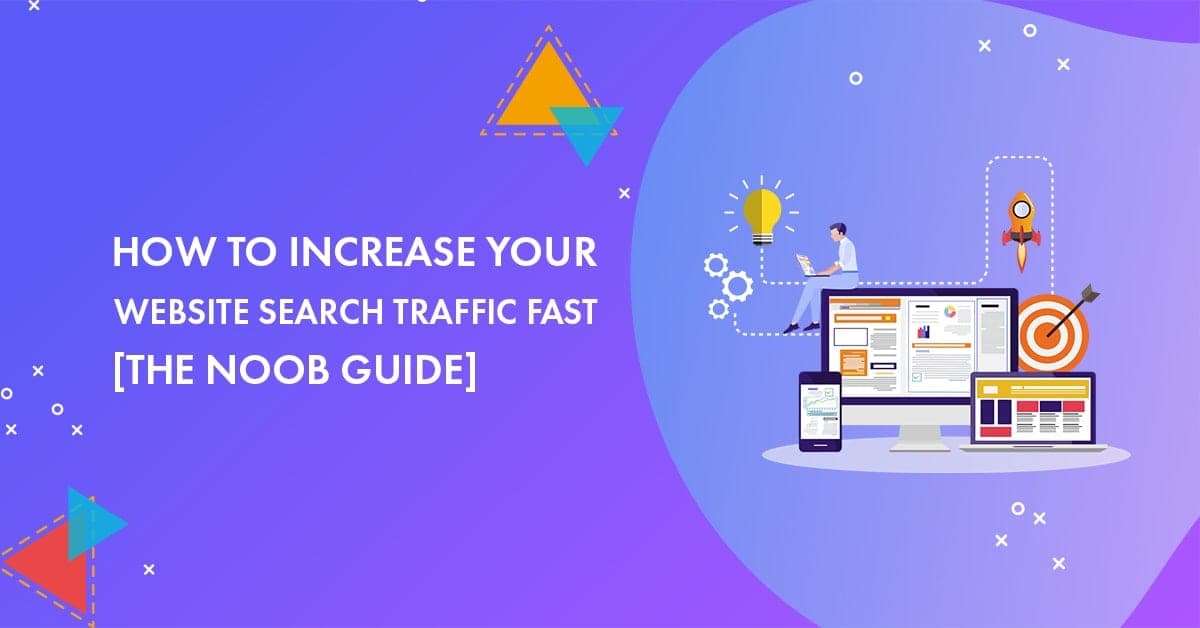
There are several ways to find long-tail keywords relevant to your website. One option is to use keyword research tools such as SEMrush or Google Keyword Planner. These tools allow you to enter a short keyword and generate a list of related long-tail keywords that users are searching for.
Another method is to use Google's autocomplete feature. Simply start typing a relevant short keyword or phrase into the search bar, and Google will suggest longer, more specific keywords based on popular searches.
Optimizing Your Website with Long-Tail Keywords
Once you have identified a list of long-tail keywords, it is important to strategically incorporate them into your website's content. Include them in your page titles, headings, meta descriptions, and throughout your body copy.
However, it is crucial not to overdo it. Keyword stuffing can result in penalties from search engines and negatively impact your website's ranking. Instead, focus on creating high-quality, informative content that naturally incorporates your chosen long-tail keywords.
By using long-tail keywords effectively, you can attract more qualified traffic to your website. Users searching for specific phrases are more likely to be interested in your products or services, increasing the likelihood of conversions and boosting your overall website traffic.
Remember to regularly review and update your long-tail keywords to stay up to date with changing search trends and user behavior. With time and consistent optimization, you will see a noticeable increase in organic traffic to your website.
Optimize Your Meta Tags

One of the most affordable and effective strategies to boost your website traffic is to optimize your meta tags. Meta tags are snippets of text that provide information about your webpage to search engines and website visitors. By optimizing your meta tags, you can improve your website's visibility in search engine results and attract more relevant traffic.
1. Title Tag

The title tag is one of the most important meta tags for SEO. It appears as the clickable headline in search engine results and should accurately describe the content of your webpage. Make sure to include relevant keywords in your title tag to improve its visibility in search engine rankings.
2. Meta Description
The meta description is a brief summary of your webpage's content. It should be compelling, concise, and include relevant keywords. Although meta descriptions do not directly affect search engine rankings, they can significantly impact click-through rates. A well-crafted meta description can encourage users to click on your website link in search results.
When optimizing your meta tags, remember to keep them unique for each webpage and avoid keyword stuffing. Search engines may penalize websites with irrelevant or excessive use of keywords. Instead, focus on providing valuable and relevant information to your website visitors.
By optimizing your meta tags, you can improve your website's visibility and attract more organic traffic. It is a cost-effective strategy that can yield significant results. However, remember that optimizing meta tags is just one aspect of SEO. For a comprehensive approach to increase your website's traffic, you can also consider utilizing native traffic sources to reach a broader audience.
Create High-Quality Content
One of the most effective strategies to boost website traffic is to create high-quality content. By providing valuable and engaging content, you can attract more visitors to your website and keep them coming back for more. Here are some tips to help you create high-quality content:
1. Know Your Audience
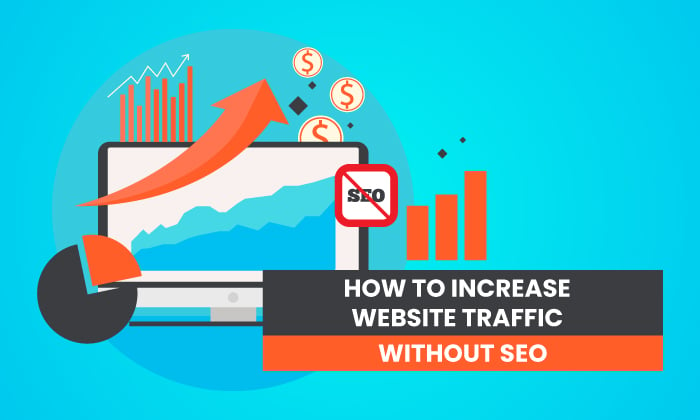
Before you start creating content, it's important to know who your target audience is. Research your audience demographics, interests, and preferences to understand what kind of content they are looking for. This will allow you to tailor your content to their needs and interests.
2. Use Keywords
Keywords play a crucial role in driving organic traffic to your website. Incorporate relevant keywords into your content to improve its visibility in search engine results. Conduct keyword research to identify the most relevant and highly searched keywords in your niche.
You can use tools like Google Keyword Planner or SEMrush to find popular keywords related to your industry. Sprinkle these keywords naturally throughout your content to make it more search engine friendly.
3. Provide Value
When creating content, always aim to provide value to your audience. Ask yourself, "What problem does my content solve?" or "What information or insights can I provide that will be helpful to my audience?" By answering these questions, you can ensure that your content is relevant and valuable to your readers.
You can provide value in various ways, such as offering practical tips and advice, sharing case studies and success stories, or providing in-depth guides and tutorials. When your audience finds your content useful, they are more likely to share it with others, leading to increased website traffic.
4. Format Your Content
The way your content is presented can greatly affect its readability and appeal. Use headings, subheadings, and bullet points to break up the text and make it easier to scan. Incorporate images, infographics, and videos to enhance the visual appeal of your content.
Additionally, make sure to format your content for mobile devices. With the increasing use of smartphones and tablets, it's essential to optimize your content for mobile viewing. This will ensure that your website is accessible to a wider audience and improve the user experience.
5. Promote Your Content
Creating high-quality content is just the first step. To drive traffic to your website, you need to promote your content effectively. Share your content on social media platforms, participate in relevant online communities and forums, and guest blog on other websites.
Collaborate with influencers and industry experts to amplify the reach of your content. You can also repurpose your content into different formats, such as ebooks, podcasts, or videos, to reach a wider audience.
1. Increased organic traffic from search engines
2. Higher engagement and longer time spent on your website
3. Improved brand reputation and credibility
4. Increased social media shares and backlinks
5. Higher conversion rates and repeat visitors
Regularly Update Your Blog
One of the most effective and affordable strategies to boost your website traffic is by regularly updating your blog. Keeping your blog up to date with fresh and valuable content is essential for attracting and retaining readers. Here are a few reasons why regularly updating your blog is important:
1. Increase Search Engine Rankings
Search engines love fresh content, and regularly updating your blog will help improve your website's search engine rankings. By consistently publishing new blog posts, you are signaling to search engines that your website is active and relevant. This can lead to higher visibility in search results, ultimately driving more organic traffic to your site.
2. Engage Your Audience
Regularly updating your blog gives you the opportunity to engage your audience and build a loyal following. By providing valuable and insightful content on a consistent basis, you are more likely to keep readers coming back for more. Additionally, by encouraging comments and interaction on your blog posts, you can create a sense of community and foster further engagement with your audience.
3. Shareable Content

When you regularly update your blog with high-quality content, you increase the chances of your posts being shared on social media platforms. This can help expand your reach and bring in new visitors to your website. Make sure to include social sharing buttons on your blog posts to encourage readers to share your content with their networks.
Higher search engine rankings
Increased audience engagement
More shareable content
Improved website traffic
In conclusion, regularly updating your blog is a cost-effective way to boost your website traffic. By consistently providing fresh, valuable content, you can improve your search engine rankings, engage your audience, and increase the chances of your content being shared. Remember to set a consistent publishing schedule and track the performance of your blog posts to ensure success.
Incorporate Relevant Keywords
One of the most important strategies for boosting your website traffic is to incorporate relevant keywords throughout your website's content. Keywords are the words or phrases that potential visitors are likely to use when searching for information on search engines. By incorporating these keywords into your website, you increase the chances of your website appearing in search engine results and attracting more visitors.
To find relevant keywords, start by thinking about the products, services, or topics that your website focuses on. Put yourself in the shoes of your target audience and consider what words or phrases they might use when searching for information related to your website. Tools like Google Keyword Planner or SEMrush can also help you identify popular keywords relevant to your industry.
Once you have a list of relevant keywords, strategically place them throughout your website's content. Be sure to include keywords in your page titles, headings, meta descriptions, and URL structures. However, avoid keyword stuffing, which is the excessive use of keywords in an unnatural way. Search engines may penalize websites that engage in keyword stuffing, so it's important to use keywords in a way that makes sense and provides value to your visitors.
Incorporating relevant keywords into your website's content not only helps with search engine optimization (SEO) but also improves the overall user experience. When users find the information they're looking for on your website quickly and easily, they are more likely to stay on your site, explore other pages, and potentially convert into customers or loyal followers.
Remember, the goal is to attract organic traffic to your website, meaning visitors who find your website through a search engine without any paid advertising. By incorporating relevant keywords, you can increase the visibility of your website in search results and drive more targeted traffic to your site. So take some time to research and incorporate relevant keywords into your website's content, and watch your website traffic grow.
Utilize Social Media
Social media platforms have become an integral part of people's lives, and they also provide an excellent opportunity to increase your website traffic. By utilizing social media effectively, you can reach a wider audience and drive more visitors to your site. Here are some strategies to make the most of social media:
Create a Strong Social Media Presence
Start by creating profiles on popular social media platforms such as Facebook, Twitter, Instagram, and LinkedIn. Optimize your profiles with relevant information about your website and make sure to include links to your site. Use a consistent branding strategy across all platforms to establish brand recognition.
Share Engaging Content
Regularly share interesting and valuable content related to your niche on your social media profiles. This content can include blog posts, infographics, videos, and images. By creating engaging content that resonates with your target audience, you can encourage them to visit your website for more information.
Utilize Hashtags
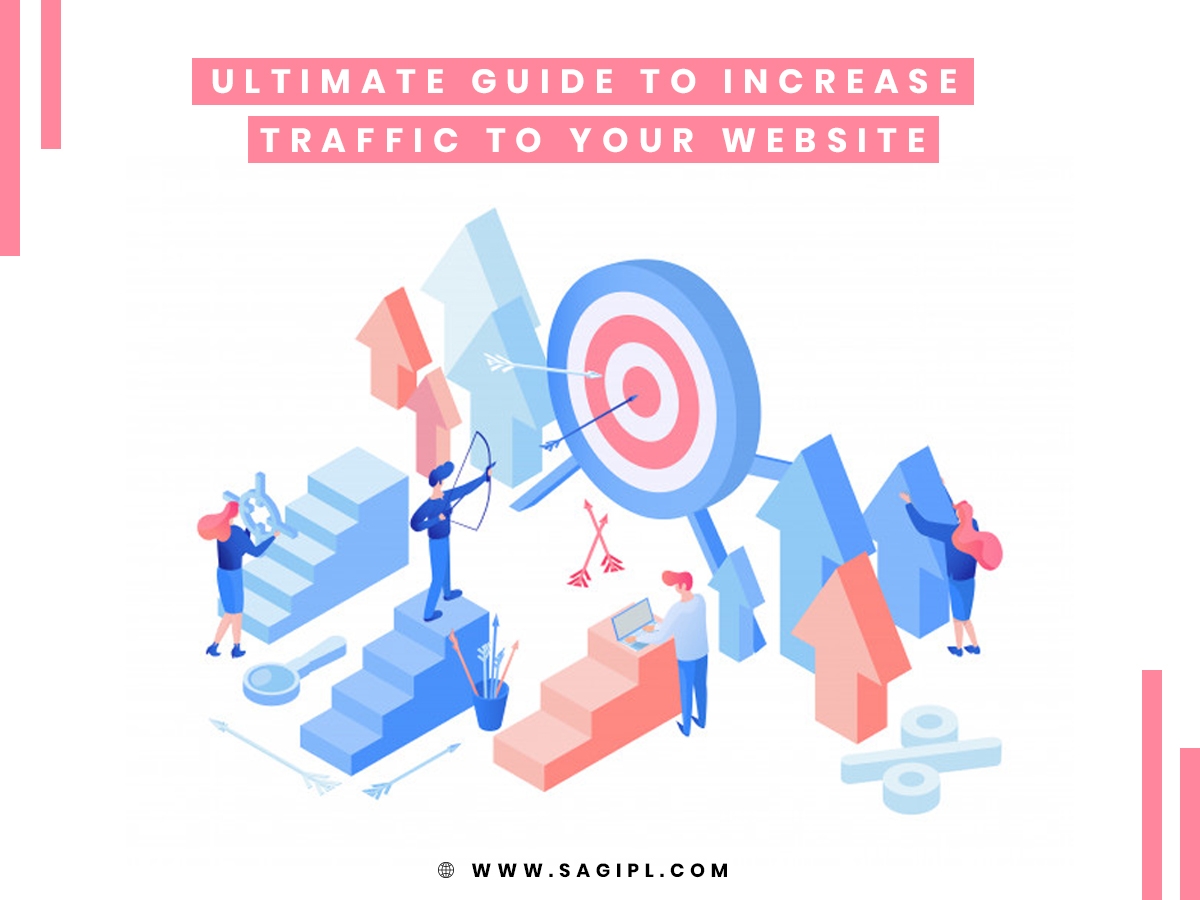
Hashtags are a powerful tool to increase your reach and visibility on social media. Research popular hashtags relevant to your industry and incorporate them into your posts. This will allow users who are interested in those topics to discover your content and potentially visit your website.
Interact with Your Audience
Social media is all about building relationships and engaging with your audience. Respond to comments, messages, and mentions on your posts. Show that you value your followers' opinions and feedback. By actively participating in conversations, you can build a loyal community around your brand and generate more traffic to your website.
Promote Your Website

Don't shy away from promoting your website directly on social media. Share links to your website's pages or specific blog posts. Offer exclusive promotions or discounts to your social media followers to incentivize them to visit your site. By actively promoting your website, you can drive more traffic and increase your conversions.
Create profiles on popular social media platforms.
Optimize your profiles with relevant information and links.
Share interesting and valuable content regularly.
Use hashtags to increase your reach and visibility.
Interact with your audience by responding to comments and messages.
Promote your website directly on social media.
What are some affordable strategies to boost website traffic?
Some affordable strategies to boost website traffic include: optimizing your website for search engines, creating high-quality content, utilizing social media, utilizing email marketing, and collaborating with other websites.
Could you give me some tips on optimizing my website for search engines?
Sure! Here are some tips for optimizing your website for search engines: research and use relevant keywords, create unique and informative meta tags, optimize your images with ALT tags, make sure your website loads quickly, and have a mobile-friendly design.
How can I create high-quality content for my website?
To create high-quality content, you should focus on providing valuable and relevant information to your target audience. This can be done through well-researched articles, informative videos, engaging infographics, or helpful tutorials. It's also important to use proper grammar and formatting, and to engage with your audience through comments or feedback.
What are the benefits of utilizing social media for website traffic?
Utilizing social media can bring numerous benefits to your website traffic. It allows you to reach a wider audience, engage with your followers, share your content, and drive traffic back to your website. Social media platforms also provide valuable analytics that can help you understand your audience and optimize your content strategy.
How can I collaborate with other websites to increase my website traffic?
Collaborating with other websites can be a great way to increase your website traffic. You can do this by guest posting on other relevant websites, participating in collaborative content projects such as round-up posts or interviews, or by cross-promoting each other's content through social media or email newsletters. This allows you to tap into new audiences and gain exposure to a wider range of potential visitors.
What are some affordable strategies to boost website traffic?
Some affordable strategies to boost website traffic include optimizing your website for search engines, creating high-quality content, using social media marketing, engaging with your audience through email marketing, collaborating with influencers, and leveraging online communities.
Buy CPC Traffic | Buy Display Ads | Exclusive traffic sources | Buy Push Ads | Popunder ADS | Buy Native Ads | Buy Preroll Ads
2022-2024 @ Boost Your Website Traffic with These Affordable Strategies